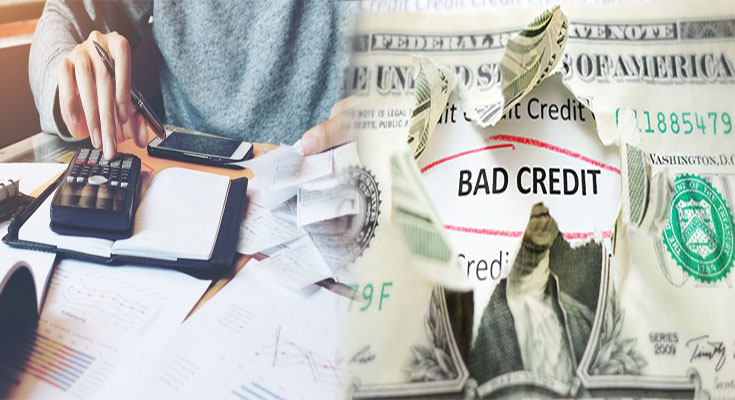Dealing with multiple debts and a low credit score can be overwhelming. However, even with bad credit, there are still options available to help you manage your debt. Debt consolidation loans can be a viable solution, allowing you to combine your debts into a single payment with potentially lower interest rates. Here’s how to qualify for debt consolidation loans with bad credit:
Improve Your Credit Score
While it may seem counterintuitive, working to improve your credit score is one of the most effective ways to increase your chances of qualifying for a debt consolidation loan. Start by reviewing your credit report for any errors or discrepancies and dispute them if necessary. Additionally, focus on paying your existing debts on time and reducing your overall debt-to-income ratio to demonstrate financial responsibility.
Explore Secured Loans
If you have bad credit, securing your loan with collateral can improve your chances of qualifying for a debt consolidation loan. Collateral can be in the form of a valuable asset, such as a car or house. By offering collateral, lenders may be more willing to approve your loan application, as they can recover their losses if you default on the loan.
Shop Around and Compare Options
Not all lenders have the same eligibility criteria for debt consolidation loans. Take the time to shop around and compare different lenders and loan options. Look for lenders that specialize in working with individuals with bad credit. Some lenders may consider factors beyond just your credit score, such as employment history and income stability, in their evaluation process.
Provide Evidence of Income and Stability
Lenders want to ensure that you have the means to repay your debt consolidation loan. Providing evidence of a stable income can help bolster your application. Prepare documents such as pay stubs, tax returns, or bank statements to demonstrate your income. Additionally, maintaining a stable job with a regular income can provide lenders with confidence in your ability to make loan payments.
Consider a Cosigner or Joint Application
If your credit is less-than-ideal, you may increase your chances of qualifying for a debt consolidation loan by applying with a cosigner or as a joint applicant. A cosigner is a person with good credit who agrees to take responsibility for the loan if you default. Their good credit can help offset your bad credit and improve your chances of loan approval.
Seek Assistance from Credit Counseling Agencies
Credit counseling agencies can provide guidance and assistance in finding the right debt consolidation loan or alternative options that suit your financial situation. These agencies have experience working with individuals with bad credit and can help you navigate the loan application process more effectively.
Qualifying for a debt consolidation loan with bad credit can be challenging, but it’s not impossible. By taking proactive steps to improve your credit score, exploring secured loan options, shopping around for lenders, providing evidence of income and stability, considering a cosigner or joint application, and seeking assistance from credit counseling agencies, you can increase your chances of qualifying for a debt consolidation loan. Remember to analyze your financial situation carefully and choose a loan that offers manageable terms and realistic repayment options. With responsible financial habits and a debt consolidation plan in place, you can work towards improving your credit score and achieving financial stability.





